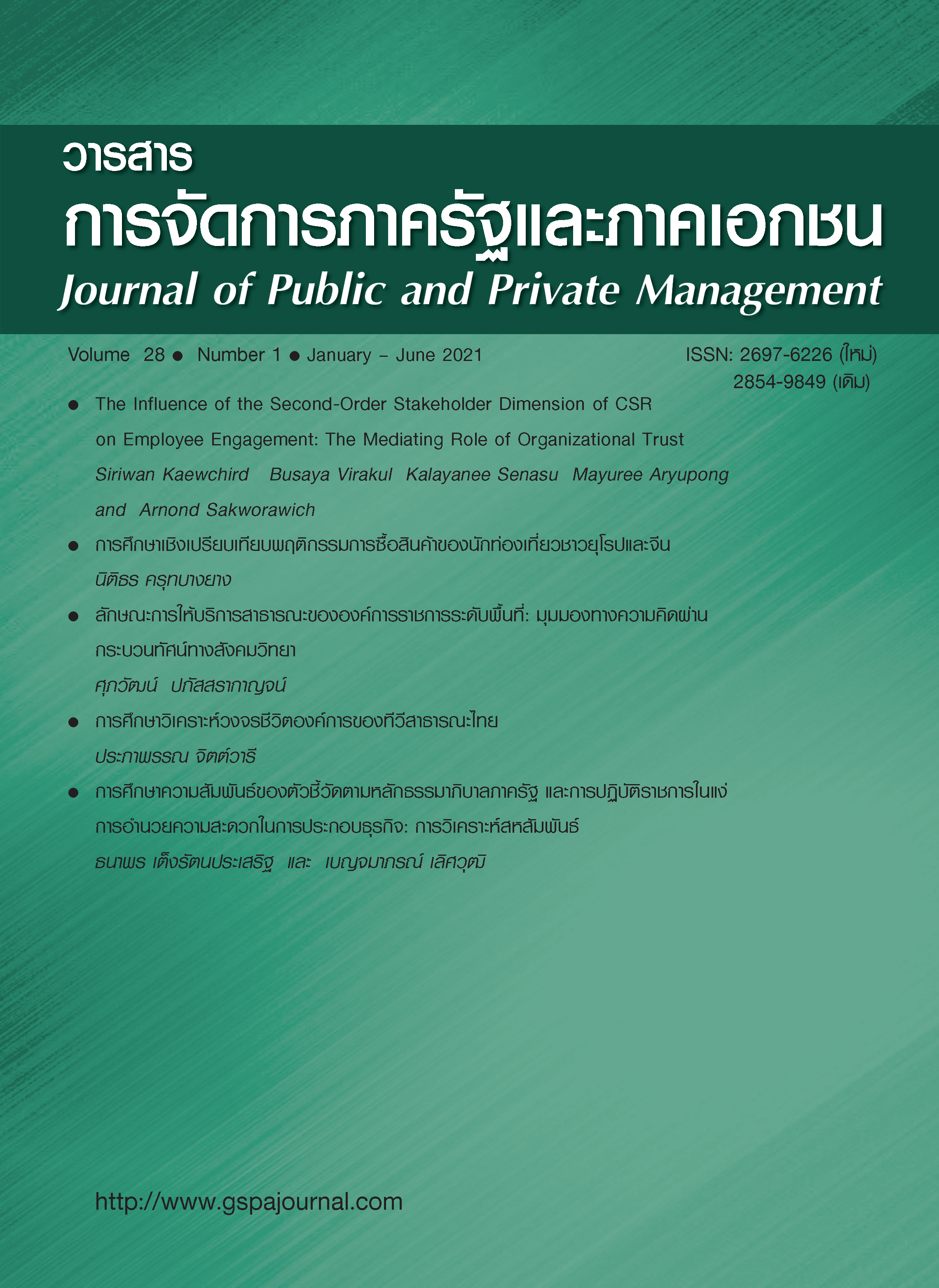A correlational study among Public Good Governance Indicators Influencing Public Performance and Facilitating Doing Business
Abstract
This research investigates the correlation among public good governance indicators influencing public performance in business facilitation to obtain a public and private good governance-compliant performance model. This research examined whether the public sector's adherence to the good governance principle would positively affect its performance in terms of ease of doing business. The public good governance indicators employed in this research consist of integrity and transparency assessment, digital government readiness, and the World Governance Index. This research aims to develop policy recommendations to allow for transparency-focused, corruption-free, and good governance-compliant public performance to facilitate doing business. For quantitative research, it involves data collected from agencies that had undergone Public Sector Management Quality Award 4.0 assessment, including central and provincial agencies. The level of good governance among these agencies was assessed using the three said indicators. The key findings illustrated that public good governance indicators have a strong corelation with ease of doing business. View this way, government agencies seeking to meet the expectations set out in good governance principles will be more likely to enhance ease of doing business. After that, an evaluation was carried out based on four groups of agencies in economic, social, security, and administrative areas. The indicators are defined to compare the total means with each agency's mean in these four areas, aiming to develop policy recommendations to upgrade good governance in respective areas, resulting in all relevant sectors having an efficient performance for the promotion of good governance.
Downloads
Published
How to Cite
Issue
Section
License
Copyright (c) 2021 Journal of Public and Private Management

This work is licensed under a Creative Commons Attribution-NonCommercial-NoDerivatives 4.0 International License.



